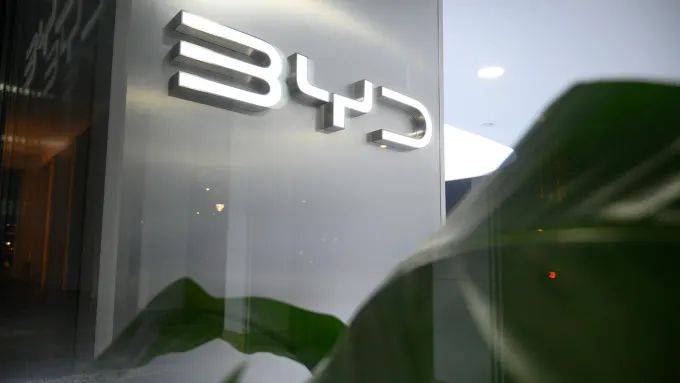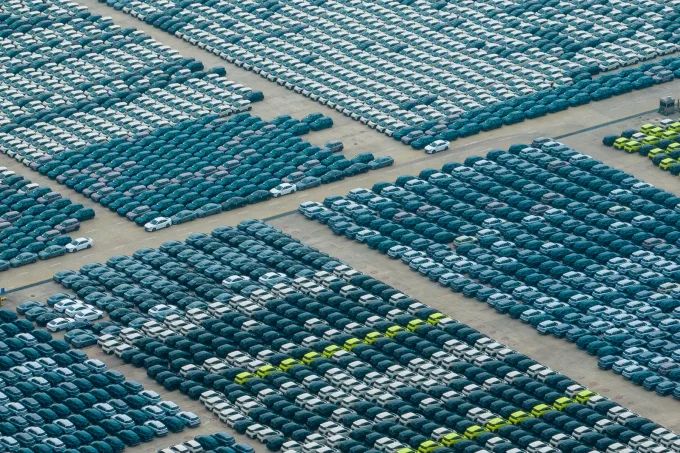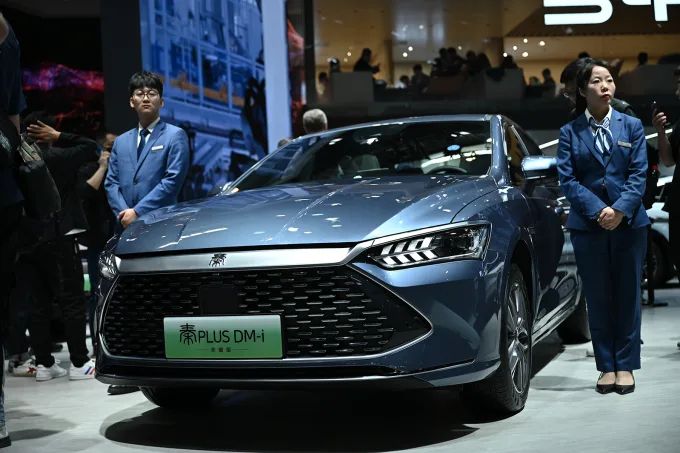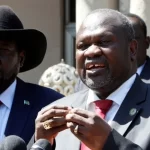Chinese automaker BYD has overtaken Tesla as the world’s leading electric vehicle (EV) manufacturer, setting new industry benchmarks in sales, innovation, and affordability.
In 2024, the Shenzhen-based company delivered 4.27 million vehicles, including hybrids, far outpacing Tesla’s 1.79 million fully electric cars. With cutting-edge technology such as ultra-fast charging batteries and advanced driver assistance systems, BYD is positioning itself as a dominant global force in clean-energy transportation.

The company’s rapid rise can be attributed to its cost-efficient manufacturing model, which relies heavily on in-house production. Unlike Tesla, which depends on external suppliers for key components, BYD makes its own batteries and many vehicle parts, allowing it to keep prices significantly lower. Its entry-level models start at just over $10,000 in China, compared to Tesla’s $32,000 Model 3. Additionally, its new “blade battery” technology enhances safety and efficiency, giving BYD an edge over competitors.
Despite its global expansion into Europe, South America, and Southeast Asia, BYD’s passenger cars remain unavailable in the United States due to strict trade restrictions. A 100% tariff on Chinese-made vehicles has effectively barred the automaker from entering the American market, though its electric buses are already in operation in California. Analysts suggest that while trade barriers protect U.S. automakers for now, BYD’s continued growth could eventually challenge these restrictions.

BYD’s success is largely driven by its founder, Wang Chuanfu, a former battery researcher who built the company from scratch. After starting as a battery manufacturer in 1995, he expanded into automobiles by acquiring a struggling carmaker in 2003. His bold strategy paid off when Warren Buffett invested $230 million in BYD in 2008, bringing global attention to the company. Today, BYD’s commitment to research and development keeps it ahead of rivals, with ongoing advancements in automation, battery technology, and affordability.

While the U.S. remains a closed market, BYD is doubling down on international expansion. The company aims to ship more than 800,000 vehicles overseas in 2025, despite regulatory challenges in some countries.
Industry experts believe that BYD’s continued innovation and aggressive pricing strategy could reshape the EV industry, forcing Western automakers to adapt. For now, American consumers can only watch from a distance as BYD cements its status as a global leader in electric mobility.








